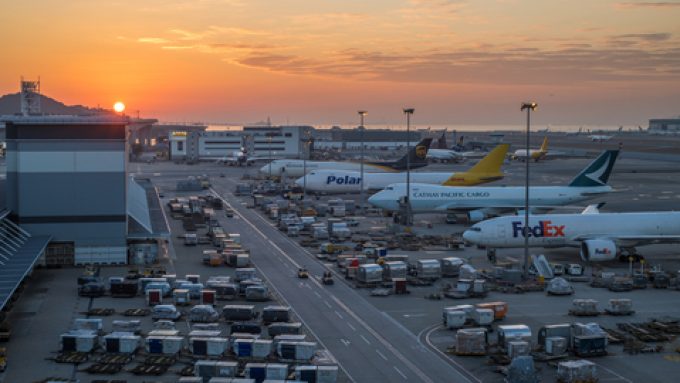Wider shipment visibility in ports could be the answer to congestion
Shipment details provided to two of the world’s three largest economies could be the answer ...

Air freight is better placed to avoid congestion during the coming months than sea freight, but airports have expressed concern that labour shortages could slow down handling.
“Shippers are turning to air freight because of the challenges at sea,” explained Michael Steen, CCO of Atlas Air, “it is compounding the high demand already there.
“It’s going to be strong for all modes, and we are definitely seeing some challenges, such as at Chicago O’Hare.
“Covid restrictions, handling and labour protection procedures are putting ...
Volcanic disruption at Anchorage could hit transpacific airfreight operations
Shippers snap up airfreight capacity to US ahead of tariff deadline
New price hikes may slow ocean spot rate slide – but for how long?
Forwarders stay cool as US 'liberation day' tariffs threaten 'global trade war'
Tighter EU import requirements proving 'a challenge' for forwarders
Supply chain delays expected after earthquake hits Myanmar
Looming Trump tariffs will create 'a bureaucratic monster' for Customs

Comment on this article